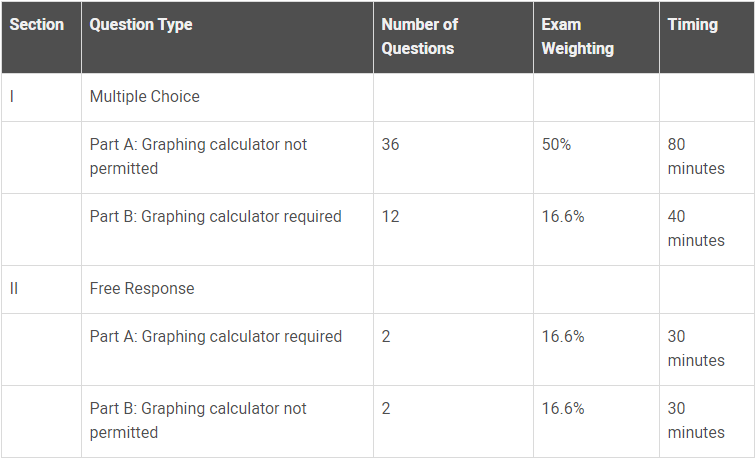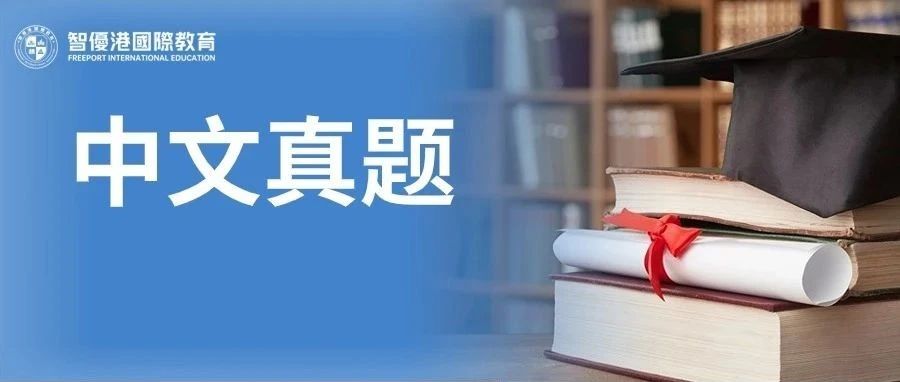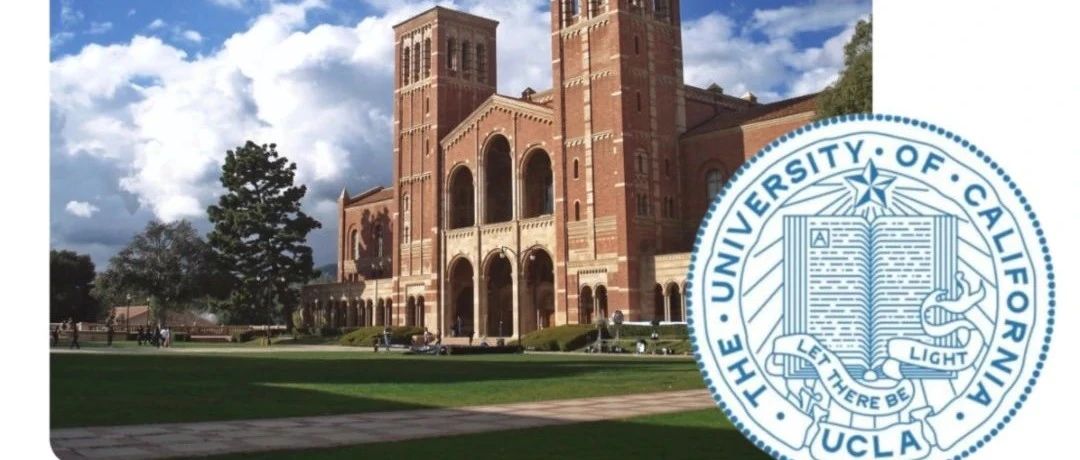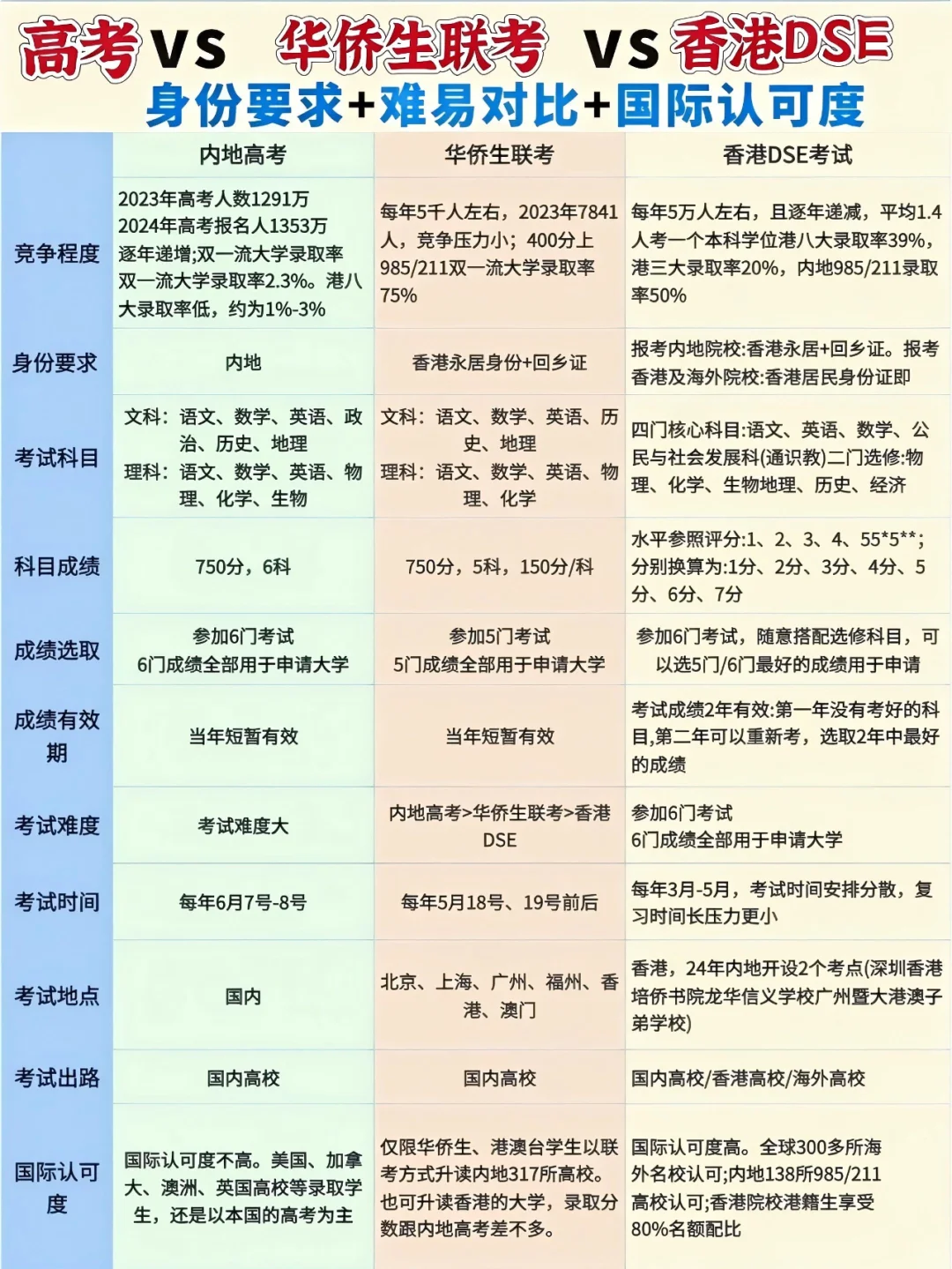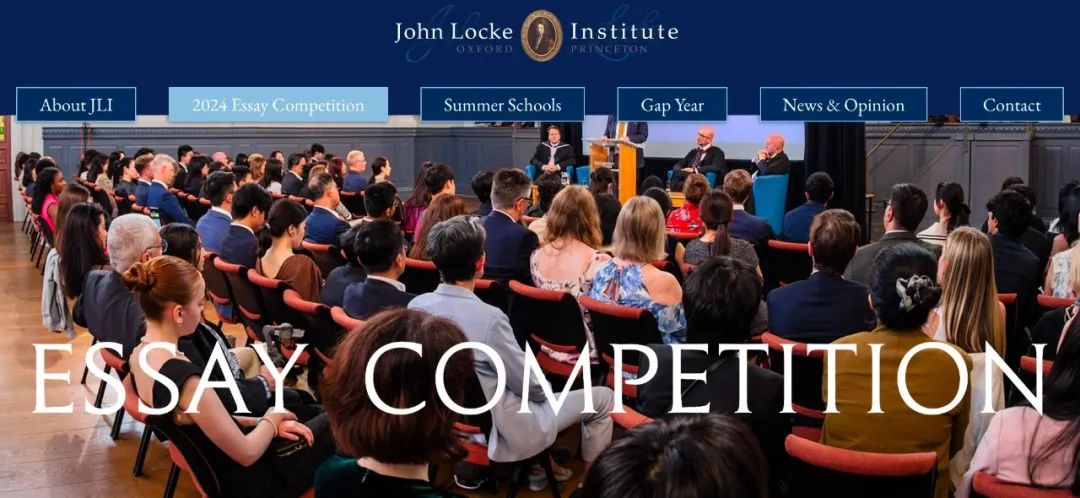
Philosophy(哲学赛区)
Q1. Do we have any good reasons to trust our moral intuition?
Q1. 我们有什么好的理由相信自己的道德直觉吗?
Q2. Do girls have a right to compete in sporting contests that exclude boys?
Q2. 女孩有权利参加排斥男孩的体育比赛吗?
Q3. Should I be held responsible for what I believe?
Q3. 我应该为我的信仰负责吗?
Politics(政治学赛区)
Q1. Is there such a thing as too much democracy?
Q1. 是否存在过于民主的情况?
Q2. Is peace in the West Bank and the Gaza Strip possible?
Q2. 约旦河西岸和加沙地带可能实现和平吗?
Q3. When is compliance complicity?
Q3. 服从在什么情况下是共谋?
Economics(经济学赛区)
Q1. What is the optimal global population?
Q1. 全球最佳人口是多少?
Q2. Accurate news reporting is a public good. Does it follow that news agencies should be funded from taxation?
Q2. 准确的新闻报道是一种公共物品。那么,这是否意味着新闻机构应该通过税收来获得资助呢?
Q3. Do successful business people benefit others when making their money, when spending it, both, or neither?
Q3. 成功的商人在赚钱时、花钱时会给他人带来好处吗?是都会,还是都不会?
History(历史赛区)
Q1. Why was sustained economic growth so rare before the later 18th century and why did this change?
Q1. 在 18 世纪晚期之前,为什么持续的经济增长如此罕见?
Q2. Has music ever significantly changed the course of history?
Q2. 音乐是否曾极大地改变过历史进程?
Q3. Why do civilisations collapse? Is our civilisation in danger?
Q3. 为什么文明会崩溃?我们的文明是否处于危险之中?
Law(法学赛区)
Q1. When, if ever, should a company be permitted to refuse to do business with a person because of that person’s public statements?
Q1. 何时(如果有的话)应允许公司因某人的公开言论而拒绝与该人做生意?
Q2. In the last five years British police have arrested several thousand people for things they posted on social media. Is the UK becoming a police state?
Q2. 在过去五年中,英国警方已经逮捕了数千人,逮捕的依据是(这些人)在社交媒体上发布的内容。英国是否正在成为一个警察国家?
Q3. Your parents say that 11pm is your bedtime. But they don’t punish you if you don’t go to bed by 11pm. Is 11pm really your bedtime?
Q3. 你的父母说晚上 11 点是你睡觉的时间。但如果你到 11 点还不上床睡觉,他们也不会惩罚你。晚上 11 点真的是你的就寝时间吗?
Psychology(心理学赛区)
Q1. According to a study by four British universities, for each 16-point increase in IQ, the likelihood of getting married increases by 35% for a man but decreases by 40% for a woman. Why?
Q1. 根据英国四所大学的一项研究,智商每提高 16 分,男性结婚的可能性就会增加 35%,而女性结婚的可能性则会降低 40% 。为什么?
Q2. There is an unprecedented epidemic of depression and anxiety among young people. Can we fix this? How?
Q2. 抑郁症和焦虑症在年轻人中空前流行。我们能解决这个问题吗?如何解决?
Q3. What is the difference between a psychiatric illness and a character flaw?Q3. 精神病和性格缺陷有什么区别?
Theology(神学赛区)
Q1. “I am not religious, but I am spiritual.” What could the speaker mean by “spiritual”?
Q1. "我不信教,但我有灵性。发言者所说的"灵性"是什么意思?
Q2. Is it reasonable to thank God for protection from some natural harm if He is responsible for causing the harm?
Q2. 如果上帝是造成(某些自然)伤害的“罪魁祸首”,那么感谢上帝保护我们免受某些自然伤害是否合理?
Q3. Does God reward those who believe in him? If so, why?
Q3. 上帝会奖赏那些相信他的人吗?如果是,为什么?
Junior Prize(Junior 赛区)
Q1. Does winning a free and fair election automatically confer a mandate for governing?
Q1. 赢得自由公正的选举是否就(意味着)自动获得了执政授权?
Q2. Has the anti-racism movement reduced racism?
Q2. 反种族主义运动是否减轻了种族主义?
Q3. Is there life after death?
Q3. 死后还有生命吗?
Q4. How did it happen that governments came to own and run most high schools, while leaving food production to private enterprise?
Q4. 政府拥有并管理大多数高中,但却把食品生产留给私营企业?怎么会是这样的?
Q5. When will advancing technology make most of us unemployable? What should we do about this?
Q5. 科技的进步何时会让我们中的大多数人失业?我们该怎么办?
Q6. Should we trust fourteen-year-olds to make decisions about their own bodies?
Q6. 我们应该信任十四岁的青少年自己决定关于自己身体的事吗?





